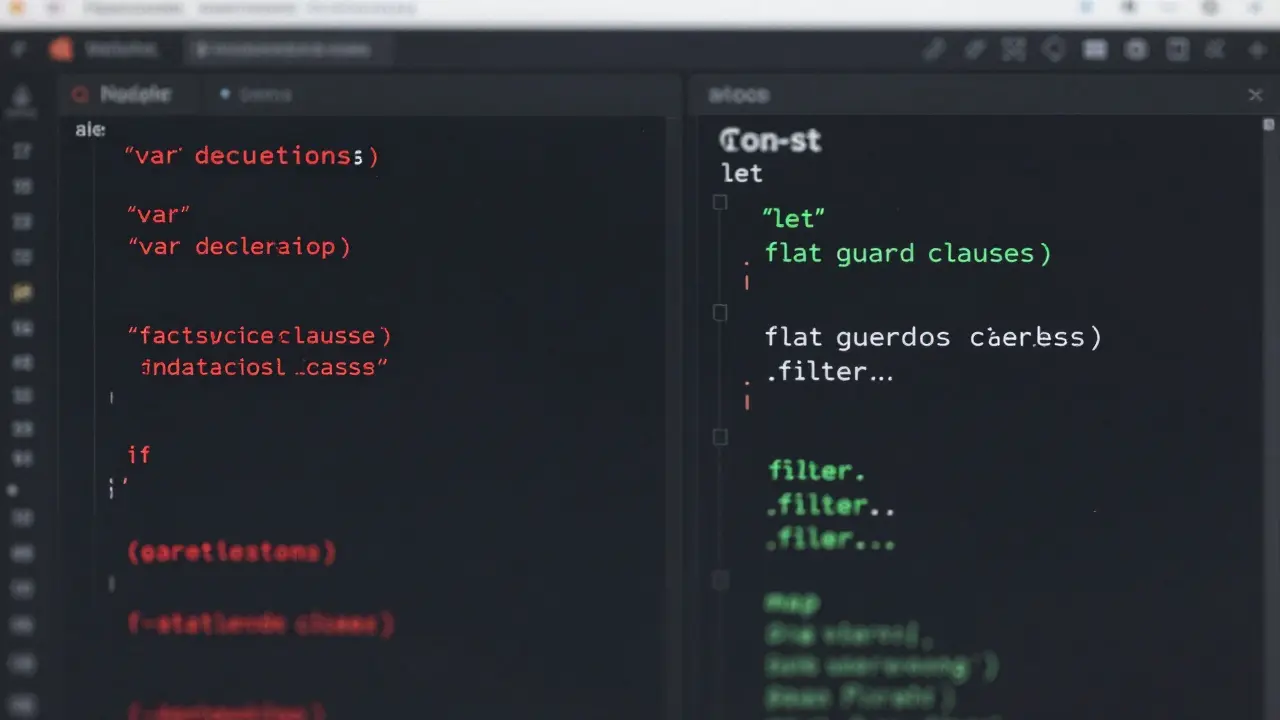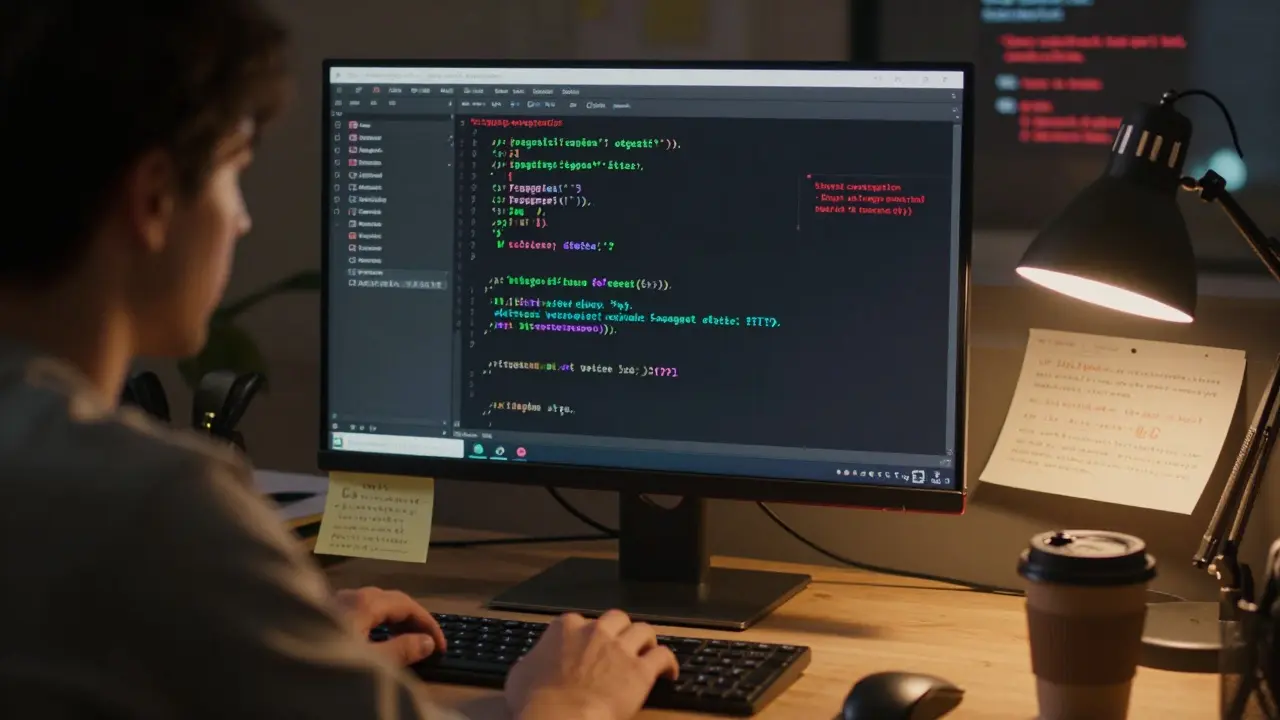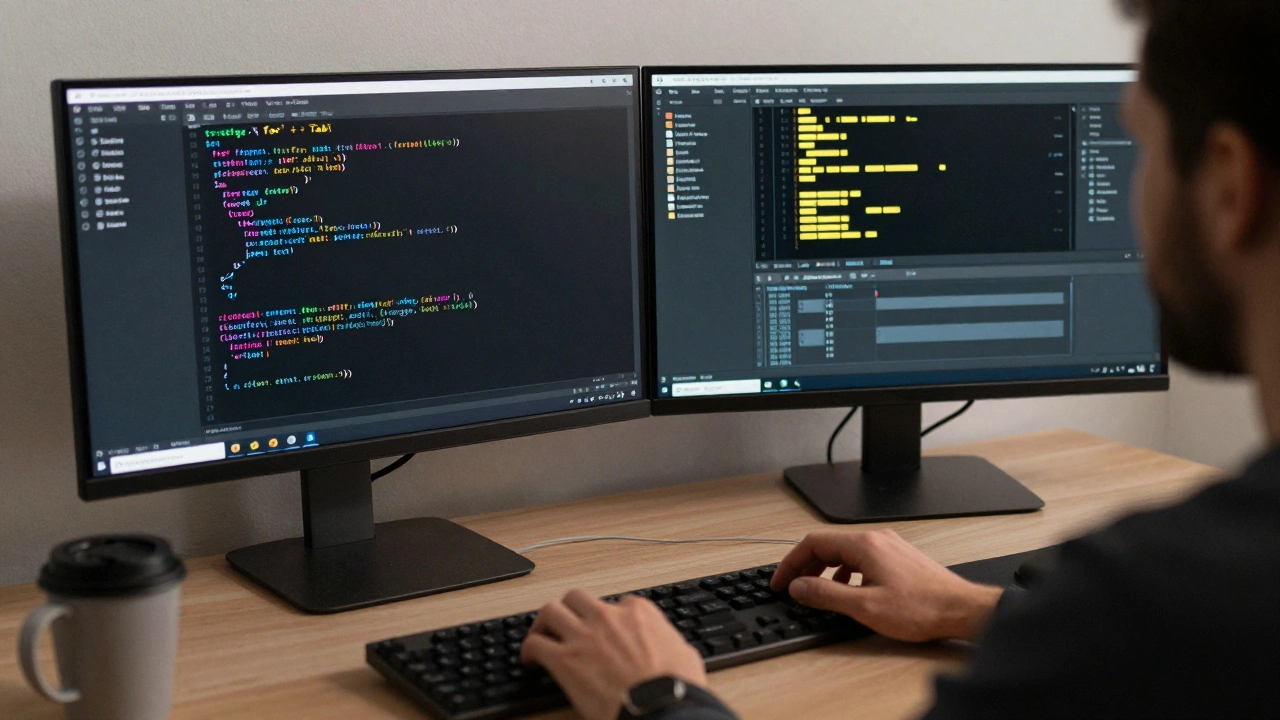Programming Tips: Practical Tricks to Code Faster and Cleaner
Want to stop wasting hours on small mistakes and ship code faster? Good — this page collects clear, usable programming tips you can apply today. No fluff, just short habits and tools that change how you work. Read one section, try one tweak, and you’ll feel the difference in your next sprint.
Quick wins to code faster
Automate the boring stuff. If you repeat a task more than twice, script it. A small script or an npm task can save you dozens of manual steps each week.
Use snippets and templates. Set up editor snippets for common patterns — component boilerplate, config blocks, or test setups. You type less and reduce copy-paste bugs.
Learn keyboard shortcuts for your IDE and terminal. Invest an afternoon to memorize 10 shortcuts you use daily. That time returns many times over.
Keep functions small and focused. Small functions are faster to test, easier to read, and simpler to debug. If a function needs more than three comments, split it.
Prefer clear names over clever ones. Descriptive variable and function names save mental time during reviews and bug hunts. You’ll thank yourself later.
Debugging and clean-code habits that actually help
Reproduce reliably before fixing. If you can run the failing case locally or in a dedicated test, you avoid guessing and wasted changes. Add a small failing test when possible.
Use logging wisely. Log the minimal context you need: inputs, key state changes, and errors. Avoid noisy logs that hide the real issue. Timestamp and request IDs help when tracing distributed systems.
Run the debugger early. Stepping through code often reveals the problem faster than staring at stack traces. Learn your debugger’s conditional breakpoints and watch expressions.
Write one-line tests for new bugs. A failing test that reproduces a bug proves the fix and prevents regressions. Keep tests small and specific.
Make reviews a habit, not a torture ritual. Focus reviews on logic, edge cases, and naming. Use small pull requests — they land faster and are reviewed more thoroughly.
Optimize only where it matters. Measure before you change. Profilers and simple timing checks point to real hotspots. Don’t optimize code that runs once a day; optimize code that runs millions of times.
Keep your repo tidy. Small commits with clear messages help you bisect problems later. Tag releases, and keep a README for setup steps so new teammates don’t waste time.
If you want more focused guides, check posts on this category: fast-coding habits, debugging tactics, Python and PHP tricks, and practical tutorials. Try one tip this week — small changes stack fast.
Quiet Tech Surge collects hands-on tips and real examples to make coding less painful. Bookmark this page and come back when you need a simple fix or a new trick to try.










